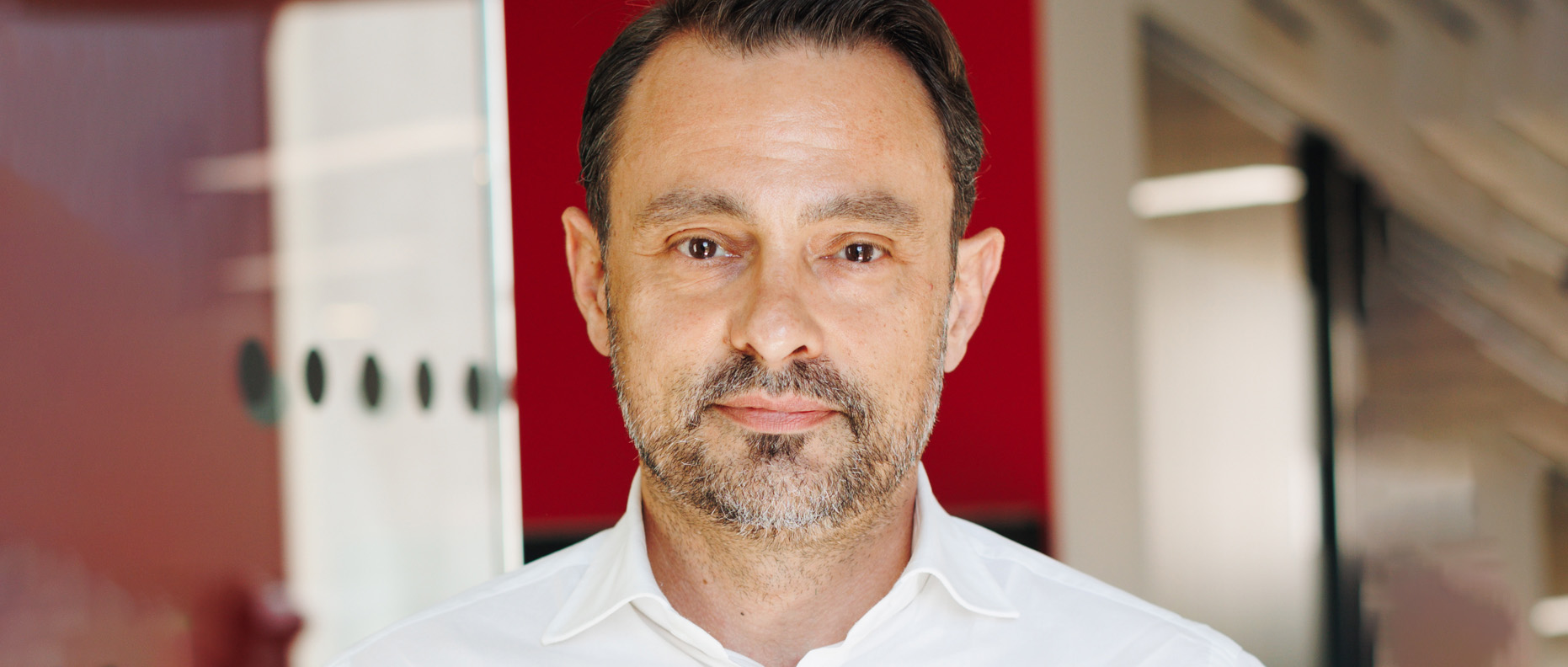COMMENT Although COP27 dominated the agenda over the past few weeks, it remains too early to tell whether or not the event can be judged a success. It does, however, offer a timely vantage point from which to review some of the commitments made at COP26 and the varied responses from across the globe.
The tone of last year’s climate talks in Glasgow was set by US special envoy John Kerry, who warned this was the “last best hope for the world to get its act together” and avert climate breakdown. This was met by collective promises by governments to phase out the use of fossil fuels and to decarbonise in line with the 1.5°C target of the Paris Agreement.
Lost momentum
These promises were seen as a largely successful outcome of COP26 and the aftermath of the event gave rise to much optimism. However, there are fears that more recent geopolitical uncertainty has set the cause back. Rising inflation and an emerging energy crisis have changed the landscape immeasurably and both governments and businesses have reverted to “firefighting” mode at the risk of ignoring long-term vision.
Meanwhile, recent analysis by EcoAct exploring the emissions data of international businesses across the FTSE, DOW, DAX, CAC, FTSE MIB and IBEX markets reveals only half of businesses are currently decarbonising in line with the 1.5°C target.
The Corporate Climate Reporting Performance Report warns the growing enthusiasm for corporate net zero and decarbonisation targets delivered in the build-up to COP26 has not been replicated in 2022.
Though COP26 built momentum, it appears this progress has stalled. Far fewer businesses achieved emissions reductions this year, after we saw significant reductions as a result of Covid-19. With a fresh set of economic and geopolitical challenges to contend with, businesses are under increased pressure. Time will tell whether this serves as a stimulus for action or an unhelpful distraction. However, there can be no denying that accelerating decarbonisation across all sectors must become an imperative for businesses, not only to limit climate catastrophe but to mitigate widespread economic losses.
A muddied path
Amid the global economic headwinds, there appears to be an absence of leadership from government and many businesses have been left with no clear direction or guidance. The UK government has been asleep at the wheel for much of 2022 and its response to the looming energy crisis demonstrates a worrying lack of long-term vision. Though its energy support package will offer welcome respite to struggling businesses and households over the course of this winter, its proposed solutions have included a range of controversial measures, including fracking, energy blackouts and onshore wind farms. For all the positive rhetoric of COP26, it appears that in the UK there is still no clear pathway towards a more renewable future.
Elsewhere, there are examples that offer cause for more optimism. The French government has shown leadership and is making firm commitments and tangible inroads to boosting its renewable energy. Alongside further investment into nuclear technology, France is implementing a number of smaller measures, such as a communications campaign encouraging individuals and industry to cut their energy use, and symbolic gestures, such as the Eiffel Tower lights being switched off more than an hour earlier. Recent legislation has also been passed that requires all large car parks to be covered by solar panels. President Emmanuel Macron’s renewable energy drive will oblige all owners of car parks with between 80 and 400 spaces to comply within five years, while operators of sites with more than 500 spaces will have just three years to ensure at least half their site is covered by solar panels.
This demonstrates what can be achieved with a top-down vision from government and clear and direct guidance for businesses. It is safe to assume most responsible businesses want to play their part on the decarbonisation journey, but they will need to be supported and incentivised by government. Economic and geopolitical uncertainty is a significant challenge to this agenda, but it cannot be used as a reason to disengage as the stakes are too high in the race to eradicate climate change.
Federico Montella is head of ESG and sustainability at LSH











